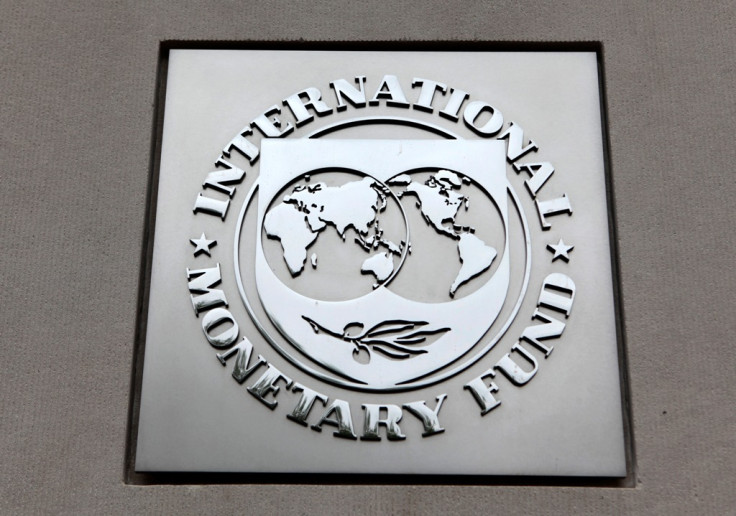IMF cuts UK's economic growth forecast but Britain will still perform better than Germany and France
UK's economy expected to grow by 1.3% by end 2017, 0.9 percentage points lower than IMF's April forceast.
The International Monetary Fund (IMF) has cut the economic growth forecasts for the UK and the global economy, following London's vote to leave the European Union on 23 June.
Despite this, Britain's economy will still perform better than the German and French economies and furthermore, the UK will still be the second fastest growing economy in the G7 this year, behind the US, despite recent cuts in growth projections.
While saying that the effects of Brexit will be felt the greatest in the UK, the IMF admitted that there was not enough information available to make a full assessment of its impact. It also ruled out a full-blown recession in the UK. It however noted that before the referendum vote on 23 June, the global economy had been showing promising signs of growth.
"The first half of 2016 revealed some promising signs, for example, stronger than expected growth in the euro area and Japan, as well as a partial recovery in commodity prices that helped several emerging and development economies," Maurice Obstfeld the IMF Economic Counsellor and Director of the Research Department, said in a statement.
"As of June 22, we were therefore prepared to upgrade our 2016-17 global growth projects slightly. But Brexit has thrown a spanner in the works," he added
UK growth to slow down

The IMF's World Economic Outlook is now predicting a 1.7% growth in the UK's economy in 2016, against the earlier projection of a 1.9% growth., which it blamed on expectations of a "significant" fall in domestic demand". In 2017, the forecast took a greater hit, revised down from 2.2% to 1.3%
Global growth forecast has also been revised down to 3.1% in 2016 from the earlier forecast of 3.2%. For 2017, global growth has also been cut to 3.4% from 3.5%. The minor downward revision to global growth was due to better than expected economic activity so far this year, fuelled by the rise in oil prices and extra investment in infrastructure.
Germany is expected to record a 1.6% growth in 2016 and a 1.2% growth in 2017. France will see growth of 1.5% and 1.2% in 2016 and 2017 respectively.
"With Brexit still very much unfolding, the extent of economic and political uncertainty has risen, and the likelihood of outcomes more negative than the one in the baseline has increased," the IMF report said.
Two scenarios drawn up

The IMF outlined two scenarios that would reduce growth to less than 3% this year and next. The first, the financial conditions become tighter and consumer confidence turn weaker than currently expected, both in the UK and the rest of the world until the first half of 2017, and a portion of the UK financial services gradually migrating to the euro zone. This will result in a further slowdown of global growth in 2016 and in 2017.
The report also draws the second 'severe' scenario where "intensified financial stress, particularly in Europe, a sharper tightening of financial conditions and a bigger blow to confidence." It said trade arrangements between the UK and the EU would "revert to" World Trade Organization norms, and this could see the global economy would see a more significant slowdown through 2017 that "would be more pronounced in advanced economies."
Other advanced, emerging markets projections
For Japan, the IMF has cut 2016 growth forecast to 0.3% in 2016 and 0.1% in 2017, saying that the Brexit's fallout is likely to be felt in Japan where a stronger yen will limit growth. In 2017, growth is expected to rise to 0.1%, up by 0.2 percentage point than its earlier projection, due to the postponement of the consumption tax rise.
The US growth forecast has been cut to 2.2%, down 0.2 percentage points based on its weaker-than-expected growth in the first quarter. For 2017, the growth was left unchanged at 2.5%.
Brexit fallout is only expected to have a muted impact on China, due to its limited trade and financial links with the UK. Its growth forecast for 2016 upped by 0.1 percentage point to 6.6%. It remains unchanged at 6.2% for 2017.
"However, should growth in the European Union be affected significantly, the adverse effect on China could be material," the IMF said.
© Copyright IBTimes 2025. All rights reserved.






















